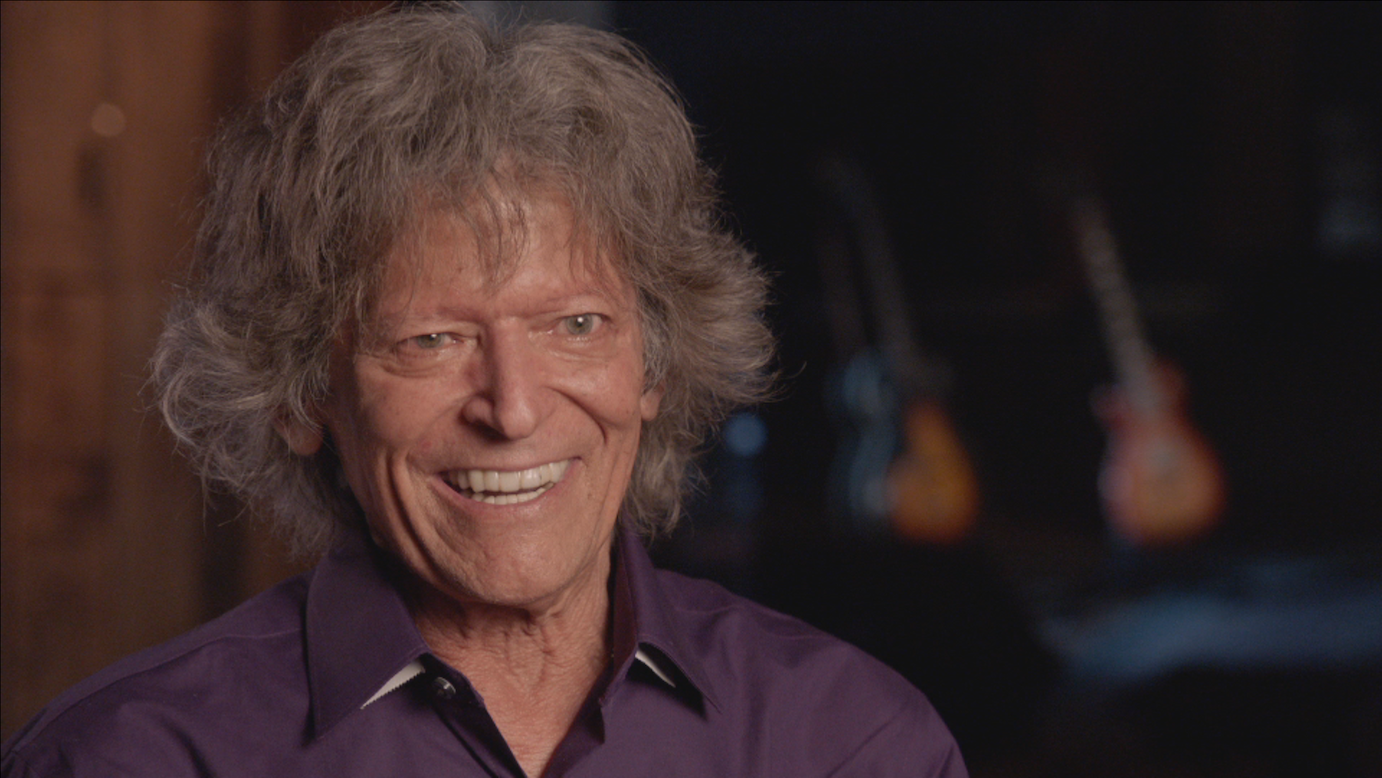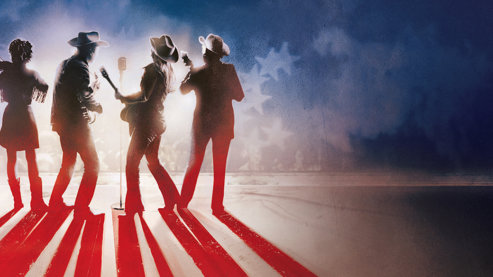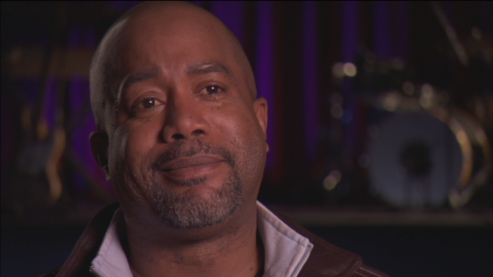Johnny Rodriguez Biography

In the early 1970s, Johnny Rodriguez was performing at a small tourist attraction in Southwest Texas, twenty-five miles as the crow flies from the Mexican border and equidistant between San Antonio and Big Bend National Park, two hours’ drive in either direction. Within two years he would be the toast of Music City, taking song after song, many of which included verses sung in Spanish, to the top of the country charts.
Juan Raul Davis Rodriguez grew up in tiny Sabinal, Texas, an hour east of Alamo Village, the tourist attraction where he was discovered. His musical influences included the mariachi and honky-tonk music reflective of his upbringing in South Texas, but also styles from the wider American songbook at the time.
I listened to The Supremes, okay? I listened to Merle Haggard, to Hank Williams, and Jimmie Rodgers, of course. I was drawn to country music because I could relate more to what they were singing about. And also it was just like the music of our people. In Mexican music, you have stories. Mexican music and country music said almost the same thing, just in different languages.
Incarcerated at age 18 for a minor offense, Rodriguez was overheard singing in his cell by Texas Ranger Joaquin Jackson. Impressed, Jackson told the owner of Alamo Village, Happy Shahan, about the young man’s talent. Shahan hired Rodriguez, became his manager, and changed his name from “Juan Rodriguez” to “Johnny Rogers.” It was under that name, performing at Alamo Village, that Rodriguez was discovered by Bobby Bare and Tom T. Hall.
With their encouragement and his guitar in hand – and just $14 in his pocket – he moved to Nashville, changing his surname back to Rodriguez but keeping “Johnny.” Hall hired him as lead guitarist for his band and helped him land a recording contract with Mercury Records. His first release from the label, “Pass Me By,” went to No. 9 on the Billboard country charts, making Rodriguez the first Hispanic American to become a country music sensation – and, thanks to his striking good looks, historian Bill C. Malone notes, “just about the first youth sex symbol that country music had.”
In 1972, Johnny was voted the Most Promising Vocalist by the Academy of Country Music and, the next year, scored his first country No. 1: “You Always Come Back to Hurting Me.” The following year his first LP, Introducing Johnny Rodriguez, rose to the top of the US Country album charts, as well. In 1975, Rodriguez moved to a smoother sound and released three songs, all of which were No. 1 hits. In the course of his career, Rodriguez released 26 albums and 45 charting singles, including six chart toppers. He was inducted into the Texas Country Music Hall of Fame in 2007 and, in 2010, received the Institute of Hispanic Culture Pioneer Award, in recognition of being the first major Hispanic singer in country music.
Born: December 10, 1951, Sabinal, Texas


